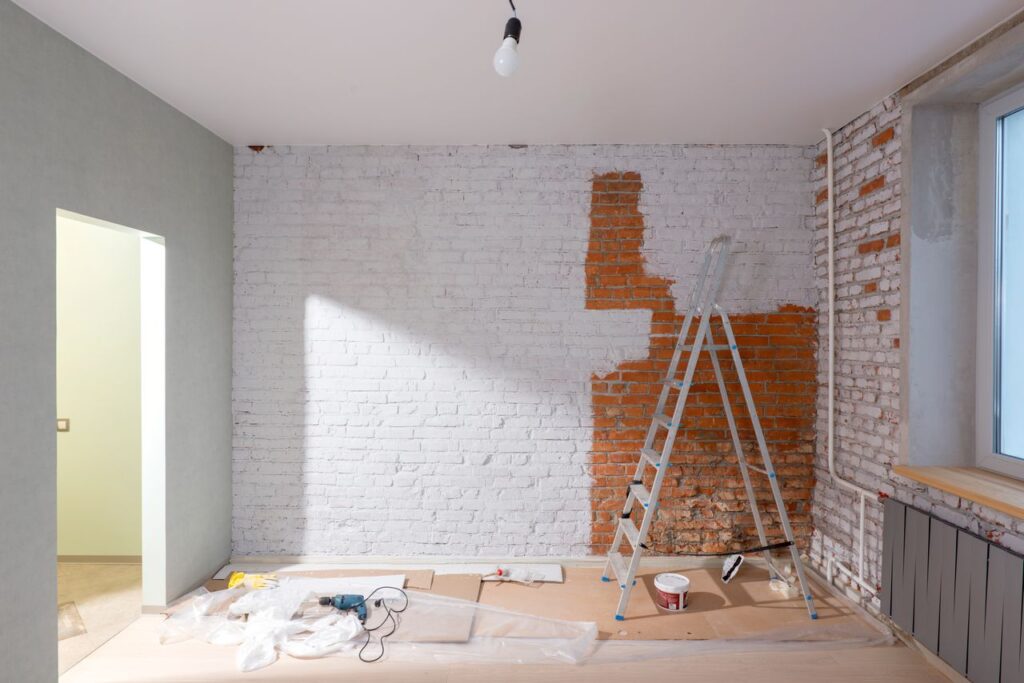
Home renovations can be exciting ventures, promising to transform your living space into something more functional, beautiful, or modern. However, navigating through a renovation project requires careful planning and execution to avoid common pitfalls that can turn your dream renovation into a nightmare. Whether you’re tackling a DIY project or working with professionals, here are some crucial mistakes to steer clear of to ensure a smooth and successful home renovation experience.
1. Skipping Detailed Planning
One of the most crucial steps in any renovation project is thorough planning. Rushing into renovations without a clear plan can lead to delays, cost overruns, and dissatisfaction with the end result. Before starting, take the time to outline your goals, set a realistic budget, and create a detailed timeline. Consider factors like permits, material availability, and any potential structural changes needed.
2. Ignoring Budget Constraints
Setting a budget is essential, but sticking to it is equally important. Many renovation projects exceed their initial budget due to unforeseen expenses or impulse decisions. Always include a contingency fund of at least 10-20% to cover unexpected costs. Research and prioritize your expenses to focus on what matters most to you in the renovation.
3. Hiring the Wrong Contractor
Choosing the right contractor can make or break your renovation. Avoid hiring solely based on the lowest bid; instead, prioritize experience, reputation, and references. Ensure the contractor is licensed, insured, and has a solid track record with similar projects. Clear communication and a detailed contract outlining expectations, timelines, and payment schedules are vital to avoid misunderstandings.
4. Neglecting Permits and Regulations
Don’t overlook the need for permits and adherence to building codes. Skipping this step can lead to fines, delays, and even legal issues. Research local regulations and obtain the necessary permits before starting any work. Your contractor should be familiar with these requirements, but it’s ultimately your responsibility to ensure compliance.
5. Underestimating Time Requirements
Renovations often take longer than anticipated, especially if unexpected issues arise or if there are delays in material deliveries or subcontractor availability. Be realistic about the time required for each phase of the project and add buffer time to your schedule. Communicate openly with your contractor to track progress and address any delays promptly.
6. Overlooking Quality of Materials
Opting for the cheapest materials may seem cost-effective initially, but it can lead to higher long-term maintenance costs and a less durable finish. Invest in quality materials that align with your renovation goals and lifestyle. Consider factors like durability, aesthetics, and eco-friendliness when selecting flooring, countertops, fixtures, and paint.
7. Ignoring Design and Functionality
Balancing design aesthetics with functionality is key to a successful renovation. Avoid trendy designs that may quickly become outdated and focus on creating a space that suits your lifestyle and enhances your home’s value. Consider factors like traffic flow, storage needs, and lighting to optimize usability and comfort in each room.
8. Not Preparing for Unexpected Issues
No renovation is without surprises. From hidden structural damage to unforeseen plumbing or electrical issues, be prepared for unexpected challenges. Build flexibility into your budget and schedule to accommodate these surprises without compromising the overall quality of your renovation.
9. Disregarding Safety
Safety should always be a top priority during renovations, especially when working with power tools, heavy machinery, or hazardous materials like asbestos or lead-based paint. Follow safety guidelines, wear appropriate protective gear, and ensure your workspace is well-ventilated and secure.
10. Failing to Communicate Effectively
Open and clear communication between all parties involved—contractors, subcontractors, designers, and homeowners—is crucial to avoid misunderstandings and ensure the project stays on track. Regular updates, meetings, and written documentation of decisions and changes can prevent costly mistakes and delays.
Conclusion
Embarking on a home renovation project is an opportunity to enhance your living space and increase your home’s value. By avoiding these common mistakes—ranging from inadequate planning and budgeting to overlooking safety and quality—you can navigate the renovation process more smoothly and achieve results that exceed your expectations. Remember, patience, attention to detail, and careful consideration of every decision will contribute to a successful renovation experience that enhances both your home and your lifestyle.

